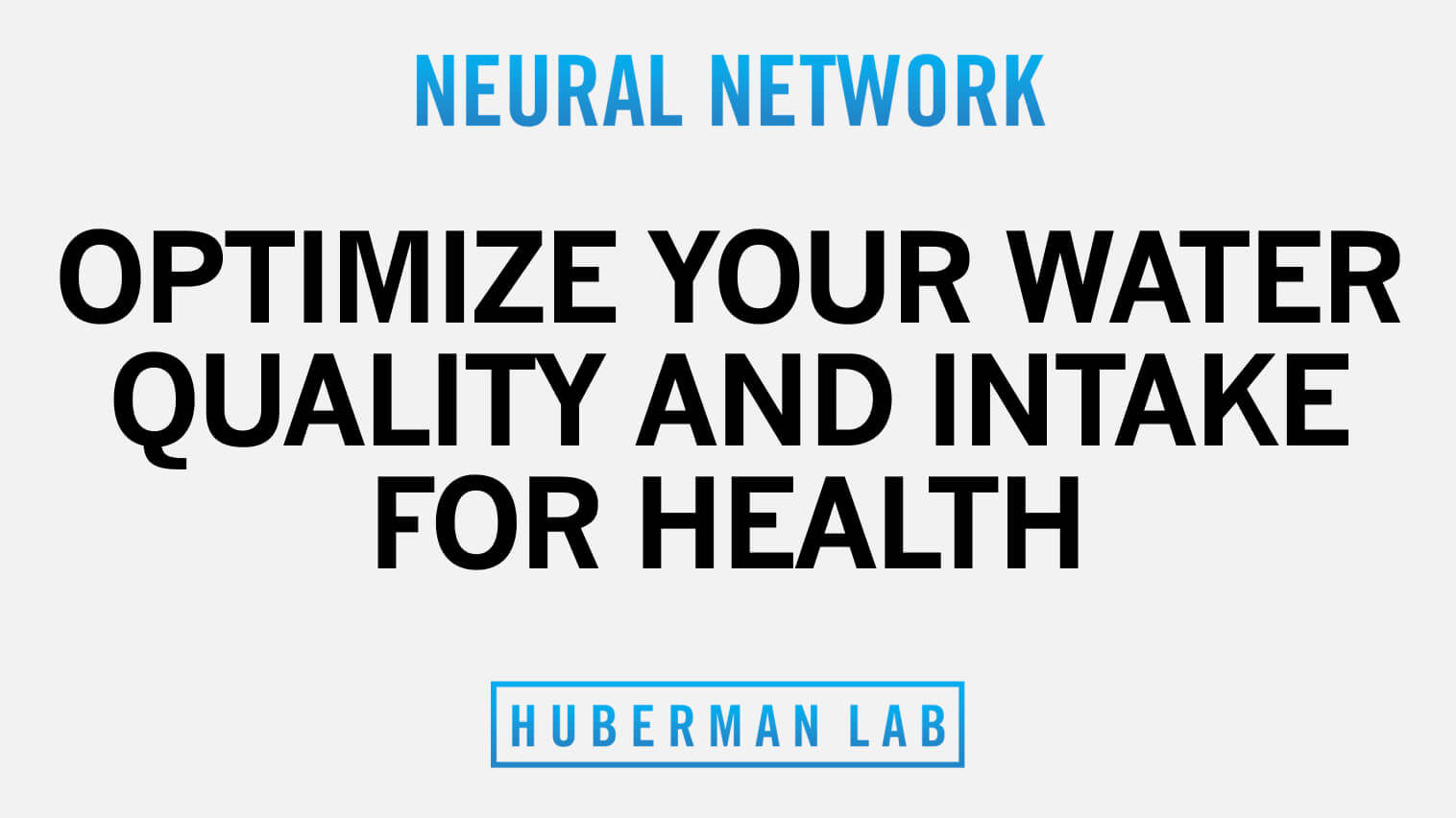Water, our most essential nutrient, plays a pivotal role in our health, impacting everything from cellular function to cognitive performance. Drawing on insights from scientists and their research we explore the multifaceted benefits of water and provide actionable advice for optimizing your hydration practices.
Quality Matters: Ensuring Optimal Water Consumption
To harness water’s full potential, it’s crucial to consume water that is both clean and mineral-rich. Investigate your local water source and consider a filtration system that balances purity with essential mineral retention. This approach aids in toxin removal and supports overall bodily functions.
Temperature and Absorption: Tailor Your Water Intake
Experiment with the temperature of your water. Warm water can aid digestion and may be beneficial in the morning, while cooler water can be more refreshing and may help to increase metabolism after physical activity. The body’s absorption of water is influenced by temperature, affecting how efficiently it is utilized.
Cold Water Immersion: Unlocking Health Benefits
Incorporating cold water exposure into your routine can stimulate fat loss, improve mood, and enhance cognitive function. Start with short, cold showers and gradually increase exposure. This practice leverages the body’s natural adaptive responses to cold, offering a range of health benefits.
Structured Water: Exploring its Potential
Structured water, also known as hexagonal water, refers to a specific arrangement of water molecules that form an organized structure. It is believed that structured water, due to its unique molecular configuration, offers potential health benefits. These benefits might include enhanced hydration at the cellular level, more efficient detoxification of the body, and improved nutrient absorption. The theory behind structured water suggests that its ordered structure makes it easier for the body to absorb and utilize water and the nutrients dissolved in it. Despite growing interest, scientific research on structured water and its specific health benefits is not yet conclusive, and further studies are needed to substantiate these claims.
While the science is still evolving, structured water – or water in a more organized state within our cells—may offer unique hydration benefits. Stay informed on research and consider incorporating natural sources of structured water, such as fruits and vegetables, into your diet.
Hydration: Finding Your Balance
Listen to your body’s cues for thirst and aim for clear or pale yellow urine as a sign of proper hydration. Balancing your water intake ensures that you maintain optimal energy levels, cognitive function, and overall well-being without over or under-hydrating.
By integrating these practices into your daily life, you transform the act of drinking water into a mindful ritual that supports your health journey.














